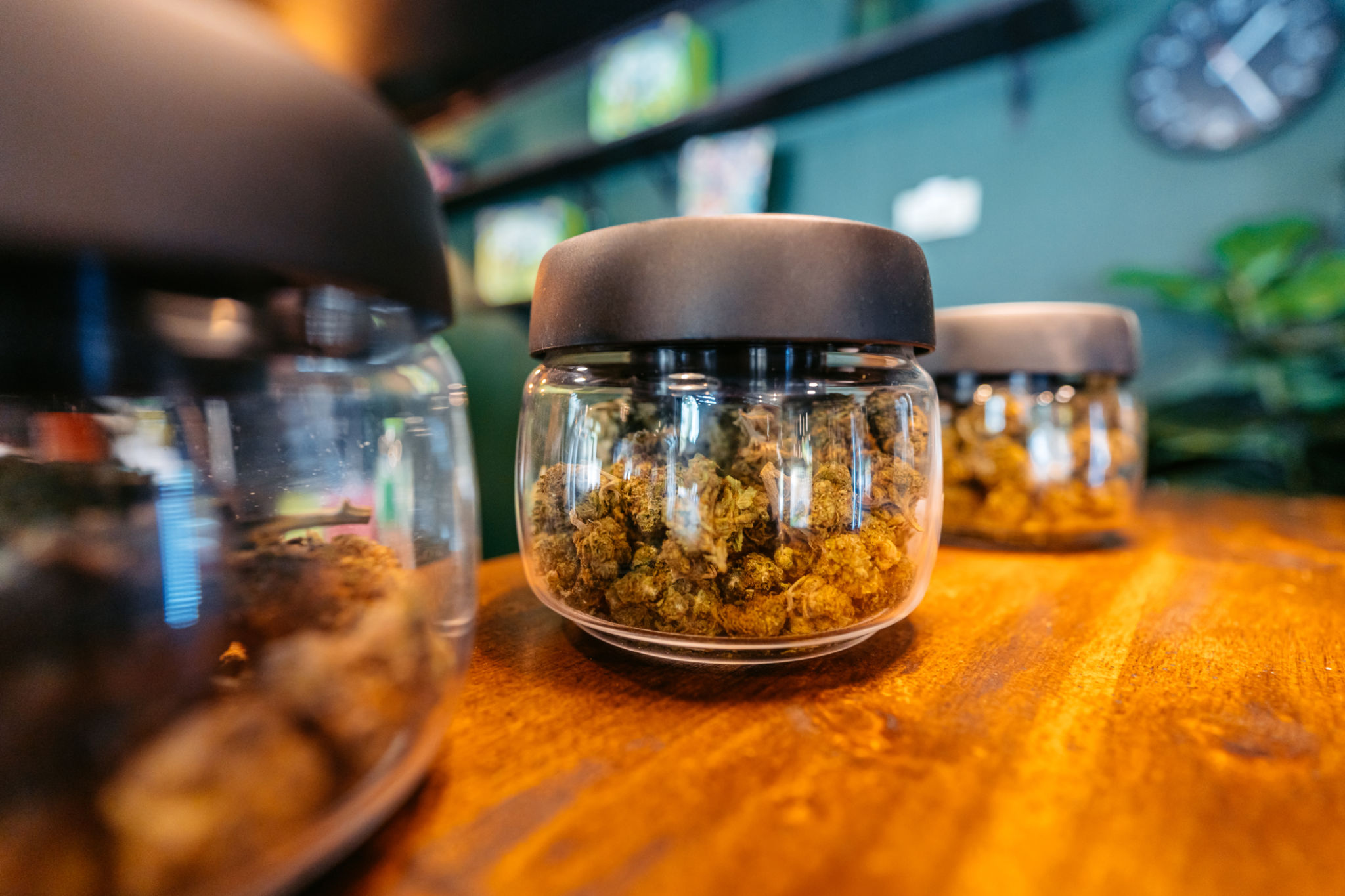Common Misconceptions About Cannabis: Insights from Uptown Budz
Understanding Cannabis: Dispelling the Myths
Cannabis has been a topic of discussion for decades, shrouded in both intrigue and misinformation. As more regions legalize its use, it's crucial to separate fact from fiction. Uptown Budz aims to shed light on some of the most common misconceptions about cannabis.
One of the most pervasive myths is that cannabis is a gateway drug. This outdated notion suggests that cannabis users are more likely to try harder substances. However, studies have shown that the majority of cannabis users do not progress to using more dangerous drugs. In fact, many experts argue that societal and environmental factors play a more significant role in substance abuse.

Cannabis and Cognitive Impairment
Another common misconception is that cannabis use severely impairs cognitive function. While it's true that excessive use can lead to short-term memory issues, moderate and responsible use does not typically result in long-term cognitive decline. Current research indicates that any cognitive effects are largely reversible after discontinuing use.
It's also important to note that the impact of cannabis on cognition can vary from person to person. Factors such as age, frequency of use, and the potency of the cannabis consumed all play a role in determining how it affects an individual's cognitive abilities.

The Myth of Physical Addiction
Many people believe that cannabis is physically addictive. In reality, while some users might develop a psychological dependency, cannabis lacks the chemical structure necessary to cause physical addiction similar to substances like nicotine or opioids. Withdrawal symptoms are generally mild and far less severe than those associated with other drugs.
That said, it's important to use cannabis responsibly. Understanding one's own limits and consuming cannabis in a safe environment can help prevent potential dependency issues.

The Role of Cannabis in Creativity
A stereotype often associated with cannabis is that it boosts creativity. While some users report feeling more creative after consumption, scientific evidence on this claim remains inconclusive. Cannabis can help some individuals think more divergently, but it doesn’t guarantee enhanced creative output for everyone.
Creativity is subjective and can be influenced by various factors, including mood, environment, and individual personality traits. Therefore, attributing creativity solely to cannabis use is an oversimplification.
Cannabis: Medical Marvel or Hype?
The medical benefits of cannabis have been touted for years, but some still doubt its efficacy. While not a cure-all, cannabis has been shown to provide relief for certain conditions such as chronic pain, epilepsy, and anxiety. The key lies in understanding its limitations and using it as part of a broader treatment plan.
Patients considering medical cannabis should consult healthcare professionals to ensure it's appropriate for their specific conditions. A personalized approach ensures that they receive the most benefit from its therapeutic properties.

Conclusion: Educating for Change
Dispelling misconceptions about cannabis is essential for informed decision-making and responsible use. By engaging with credible sources like Uptown Budz and staying updated on research developments, individuals can better understand this complex plant and its potential impacts.
As perceptions continue to evolve, open dialogue and education remain crucial in overcoming outdated stereotypes and fostering a more nuanced understanding of cannabis.
